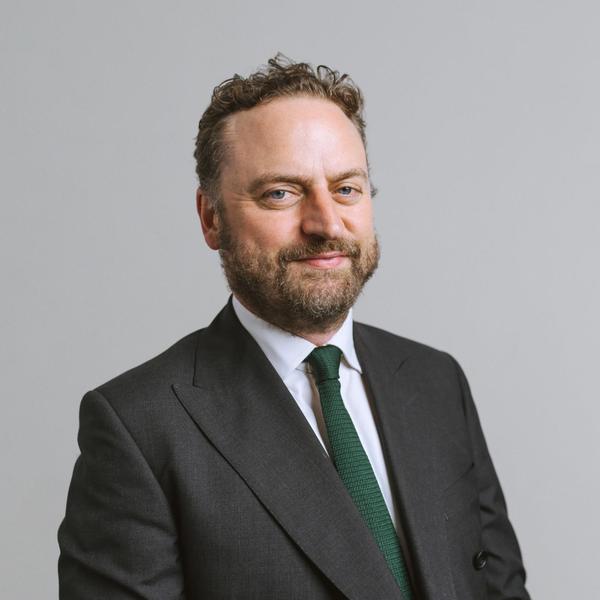
Max Hardy practises from 9BR Chambers and specialises in the prosecution and defence of serious criminal offences. He was recently led by Jane Bickerstaff KC in the prosecution of Medea in the Supreme Court in a moot trial for Classics for All.
If you look at engravings of 19th century trials you will see courtrooms packed to the gunwales. If you read early 20th century newspaper reports of high-profile trials you will see almost verbatim accounts of what was said in court. Reporting of criminal cases continues to be a mainstay of the news: in print, online and on TV. But the depth of the coverage is a shadow of what it once was.
Before the internet, TV, and radio, watching a criminal trial live was the most immediate way in which people followed the unfolding of court proceedings. Now, it’s only the most exceptional cases that attract a full public gallery and many people only have a sense of the courtroom from TV shows. Therefore, when art imitates life, if it’s a poor imitation that literally broadcasts misconceptions about the court process.
Enter the TV legal consultant. This is what I call my ‘side hustle’, although in creating an IMDb profile (the tv/film equivalent of LinkedIn) I found that despite the myriad production roles listed this was not among them and so I’m generally included as ‘Miscellaneous Crew’, which sounds like a washed up boy band.
My main function as a TV legal consultant is to ensure that no gavels end up on screen. I wish this was a joke but I have literally had to remove one from a set before. So pervasive is the (US originating) belief that gavels are an integral part of the UK courtroom process that there is a whole Twitter/X account called Inappropriate Gavels which is dedicated to highlighting gavel misuse.
Another regular aspect of the job is checking court dress is correct. Given the huge amount of time and money that goes into making even a small TV show it is surprising what can end up on screen. The third series of the hit BBC drama Industry (2024) about the financial sector recently included an after-hours scene in a chambers in which a character tried on a wig that would not have looked out of place on the Prince Regent in Blackadder.
Important though costumes, wigs and props are (God, after all, is in the details) where being a TV legal consultant gets genuinely interesting is when one has a hand in the content and the scripts. The role can vary from being brought in just before filming to give the set a once over to avoid howlers like having a jury sitting in court for a guilty plea scene to meeting with producers and writers at the very earliest stage of a production to discuss the entire shape and narrative of a show.
An example of the former is Landscapers (2021) which starred Olivia Colman and David Thewlis playing a husband and wife convicted of murdering the wife’s parents and burying them in their garden. This was directed by Will Sharpe who played the lead in Defending The Guilty on which I had also worked and which portrays a sometimes painfully accurate account of life as a pupil in a criminal chambers.
Landscapers was filmed in the long-closed Camberwell Green Magistrates’ Court in which I had not appeared for at least 15 years and it was very strange to see it taken over by the huge bustle and paraphernalia of a high end TV production on location. Alas, I did not get to meet the stars who were whisked from trailer to set and back but I did conduct a bizarre impromptu advocacy training session for the actors playing prosecution and defence counsel just before they went in front of the cameras.
A show with which I was much more involved was The Trial: A Murder in the Family (2017). This was a fictional murder trial conducted by real barristers: Sir Max Hill KC and Michelle Nelson KC for the prosecution and John Ryder KC and Lucy Organ for the defence with HH Brian Barker CBE KC presiding. This involved a ‘real’ jury following a murder trial from start to finish including filming of the deliberations. The fact that it resulted in a hung jury perhaps demonstrates that the producers did not interfere in the process and, as an exercise in verisimilitude, it is probably one of the most useful examples of television made in the last decade.
For a more recent example of a TV drama having a massive impact on political discourse and public consciousness I had a small role in advising the production company behind Mr Bates vs The Post Office (2024). This remarkable drama exemplified how important good television can be at thrusting into prominence issues of major legal significance which might otherwise struggle to come to the attention of the public.
One thing which is clear to me from the work I have done in television is that if people aren’t seeing what actually happens in court, it is essential that what they see happening on their screens is as true to life as possible.